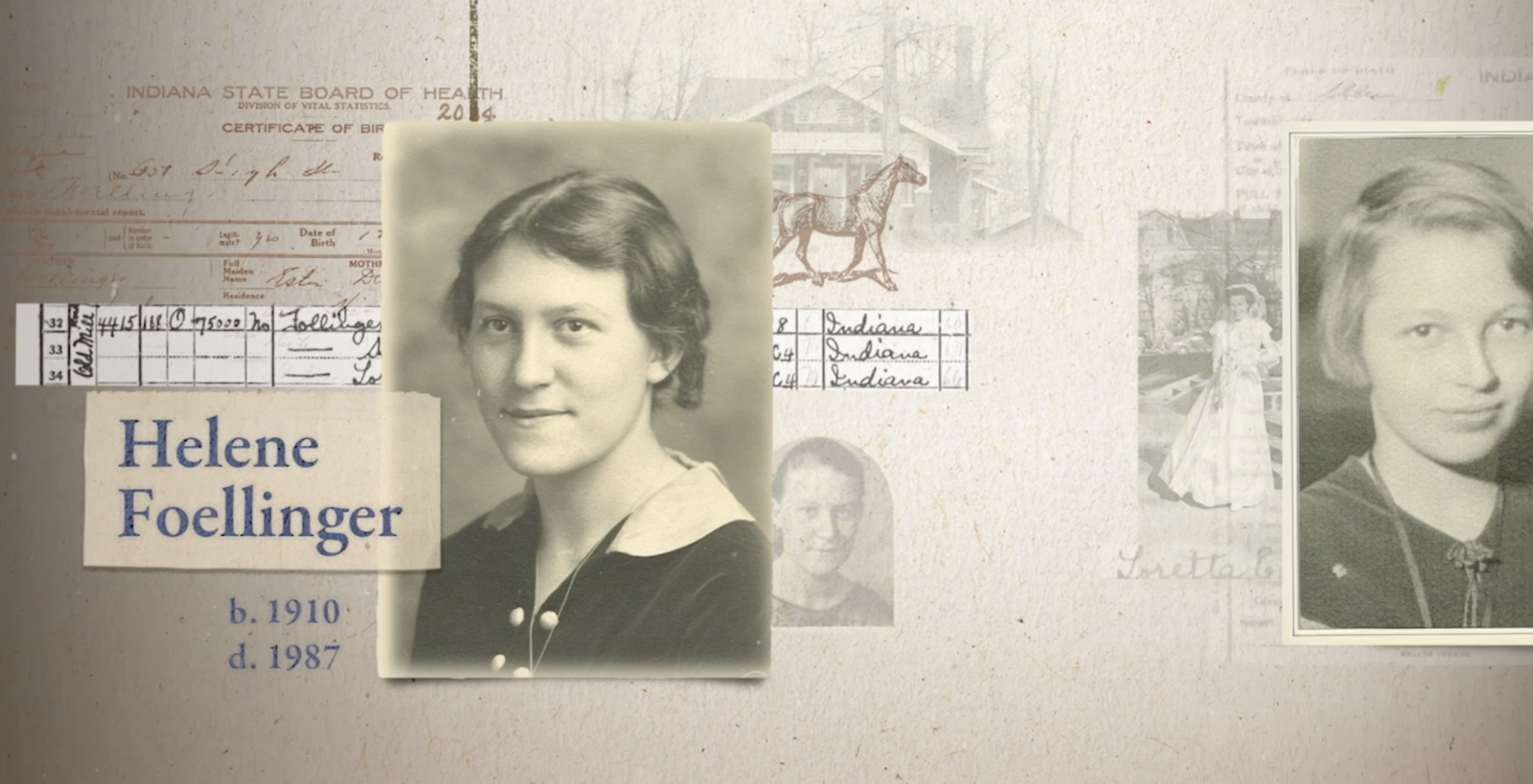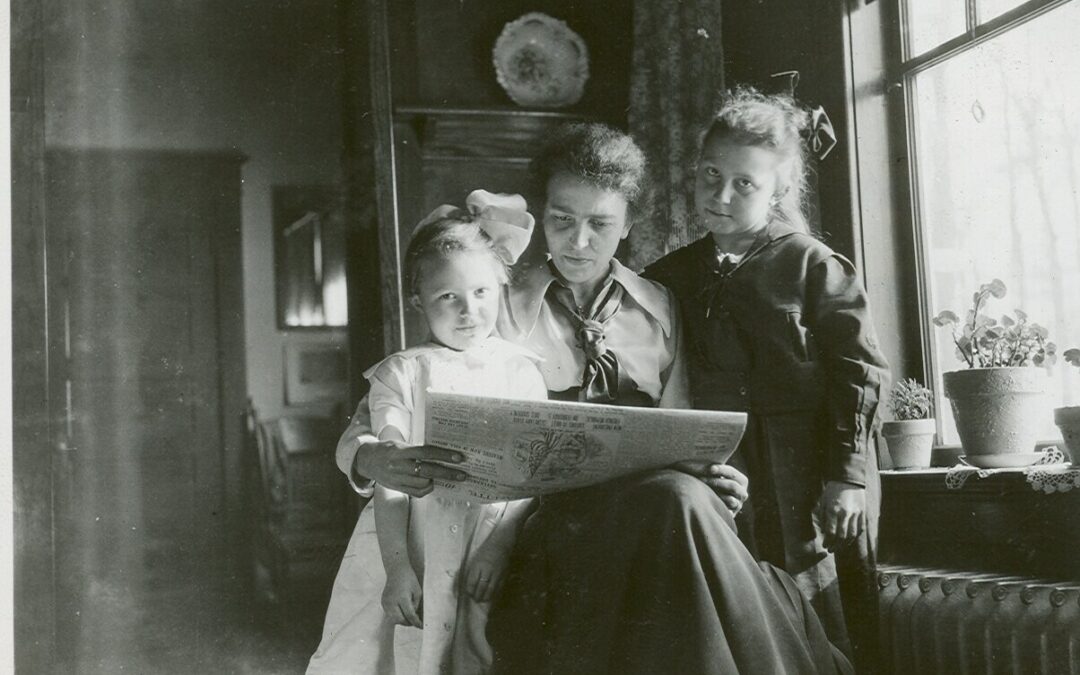Heritage is both a cultural and a community concept – relying on the collective participation of community and society members alike to preserve heritage assets and keep the remembrance of the past very much alive. At Digital Transitions, we value being a part of this type of participatory preservation and seeing how heritage imaging can have a powerful community and cultural impact.
Last year, we partnered with the Foellinger Foundation to digitize approximately 20,000 slides from their collection in anticipation of their 65th anniversary and to celebrate the family’s involvement in their local community. The Foellinger Foundation was created in 1958 by Helene and Esther Foellinger to carry forward their family’s tradition of civic involvement and well-being of their community in Allen County, Indiana, and their collections focused heavily on the family’s personal records. In order to continue growing and assisting the community, the Foundation wanted to become a place where community nonprofits could collaborate, and in order to convert their basement space into an open community space, Foundation staff began the laborious task of sorting through and organizing 30 years worth of collection materials. Along with discovering multiple video reels, they also discovered approximately 20,000 slides which had never been seen before! For this project, Digital Transitions was tasked not only with digitizing the family’s slide collection but also with creating descriptive metadata information through the use of custom facial recognition with our DT PixelFlow software.
Digitization
In order to create preservation-grade digital assets that the Foellinger Foundation could use internally and for marketing purposes, we used the DT Phase One iXH which captured all of the data within the image at the highest resolution possible. By using the DT Film Scanning Kit, we were able to move through the 35 mm slide collection quickly. The 35 mm slide carrier, which holds several slides at a time, allowed for an efficient and easily managed workflow.
Because the Foellinger Foundation wanted to use the images for marketing purposes, we made slight tonal adjustments to the digitized images in order to provide them with Content Reproduction digital assets.
Artificial Intelligence
Since the Foellinger Foundation and this collection of slides had such strong familial roots, they expressed an interest in using our proprietary DT Pixelflow’s image analysis capabilities to build custom models to identify family members within the collection’s contents. With just a few images of the family members, we were able to identify them throughout the entire collection of almost 20,000 slides. Throughout the collection, the family members were found in both the foreground and background of images, in a variety of places and context, as well as alone and with other people. By using custom models, we were able to increase the precision of our AI software and the identifications were made with an accuracy threshold of over 95%.
Impact
To commemorate the Foundation’s 65 anniversary, the Foundation decided to produce a documentary on the Foellinger family and the Foundation. Along with including the high-resolution images that were made possible through our digitization collaboration, the Foundation was also able to locate the files that featured specific family members more easily and efficiently through the descriptive metadata that was generated as part of the AI workflow.
To learn more about how DT HERITAGE Service can help you make the most of your film or transmissive material collection or take advantage of the latest in Artificial Intelligence for heritage collections, contact us at [email protected].

All images courtesy of the Foellinger Foundation.

